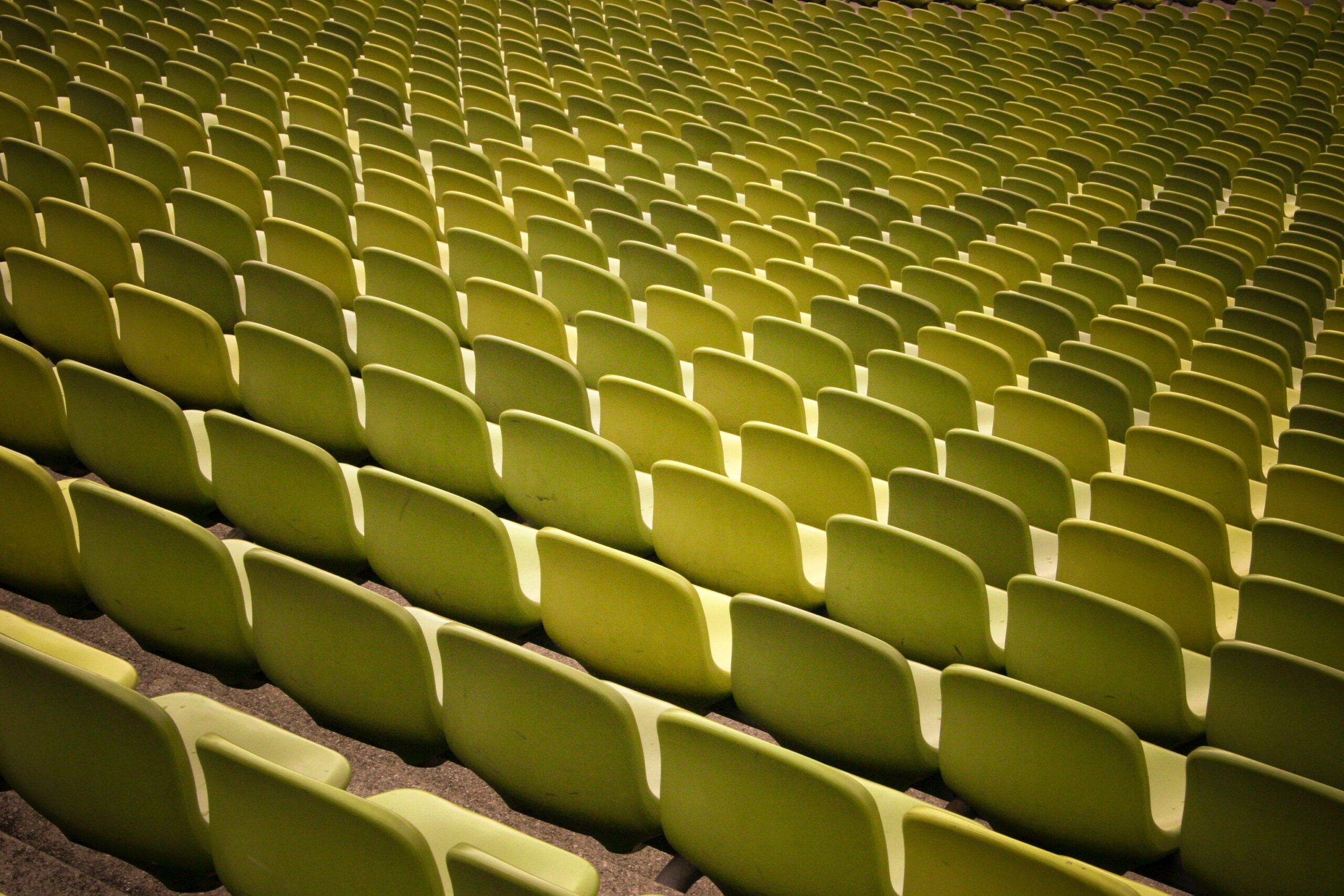The coronavirus pandemic changed the world as we knew it. The sports industry took a hard hit as a result of this change, and leagues across the world had to halt their seasons in order to avoid the spread of the virus. The Premier League, which played their last game before the break on March 9, continued their season again on June 17. It was one of the first major sports leagues to resume play in the midst of the pandemic. The start of the season introduced a few rule changes to the league, some of which were Premier League-specific, and others will be seen across all sports. The typical Premier League season has a break from mid-May to mid-August, avoiding play during the hottest months of the year. The new rules of having a water break at the midway point of each half and allowing five substitutions instead of the previous three aim to combat the physical toll on the players from playing in the heat. A universal change that the Premier League enacted, which will be seen across all sports and leagues in the coming months, is the elimination of a fan audience at games. Athletes are used to playing in front of large audiences: gaining adrenaline from the cheers of their home crowd or trying to ignore the stadium’s boo’s when playing on away ground.
While the degree to which it affects the athletes can vary across sport, the home team typically has the advantage to an equal strength away team. Obviously, an uneven matchup will not lead to a definite upset with an inferior home team, as the advantage isn’t that strong. We were interested to see how the home win percentage in the Premier League with the absence of fans post-COVID compares to the home win percentage pre-COVID.
The average win percentage across all 20 Premier League teams in the 2019-2020 season up until March 6 is 45.17%, and the average win percentage from June 17 until the end of the season in August is 45.36%. These statistics show that the home win percentage barely changed in the absence of fans in the stadiums, with only a 4.30% increase post-COVID. Teams like Chelsea and Sheffield United saw a major increase in their home win percentage after the restart: Chelsea and Sheffield United went from 46.67% home games won to 100% and 75%, respectively. Eight of the Premier League teams increased their home win percentage after the restart, with the other twelve teams seeing a decreased home win percentage. We expected that playing on home ground wouldn’t be as much of an advantage without the home fans in the audience, which may have been the case with Liverpool. Liverpool, holding the record for most home wins in a season, had a 100% home win percentage pre-COVID in comparison with their 75% home win percentage post-COVID. The drastic jump in home win percentage could be to the few games played at home after the restart. Liverpool only played four home games post-COVID, so only losing one of those four games caused their percentage to drop 25%.
It is difficult to say how telling these results are due to the small sample size of home games post-COVID. Each team played between four and six games at home after the restart, compared to the thirteen to fifteen home games before the season halted. The season’s games after the restart may have been an uneven match up that, whether fans were there or not, the home team would have still lost the game. It is interesting to see that maybe the absence of a home crowd won’t be as detrimental to the home team’s wins as initially expected. The advantage of the home team knowing the stadium and not having to travel could prove to be more important than the home fans. As baseball, basketball, hockey and soccer are starting in the US, many people may be wondering how the home field advantage will change. Basketball may be the most interesting since no team will have the home field advantage. It will be interesting to see, in sports where we could have a larger sample size, whether the same result holds.


